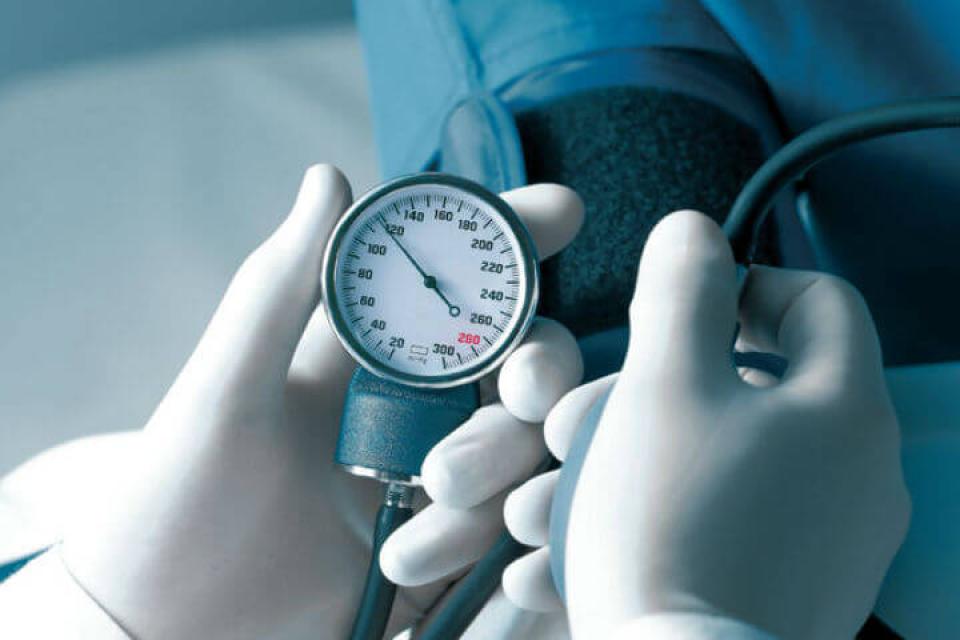In this modern society when more people are concerned about own and their family health, many hospitals and health screening centres offer various health screening packages based on lifestyle, age, gender.
Therefore, it can be hard to compare the packages, especially if you are not familiar with medical terminology for imaging investigations and blood tests.
The following is a proposed guide to aid in your selection of health screening package.
Step 1
It is important to know your medical problems (current medical problems, operation history, medications, allergy reaction for medicine) and family medical history (cancer, heart disease, diabetes, asthma, hepatitis, kidney disease, etc).
Step 2
Look out for warning signs / symptoms of common diseases. If you have any symptoms, we recommend to consult the doctor as soon as possible.
Step 3
Understand about general screening guidelines related to age and gender. Check your health screening package for recommended tests and imaging.
General Info
Health screening packages consist of pre and post consultations with a general practitioner. Good communication between the doctor and patient is vital in ensuring the best possible healthcare for the patient. Therefore, it is important during the first consult to discuss about your lifestyle, health issues, current symptoms (if any), and family history in more details.
Don’t be afraid to share your concerns with the doctor. Based on the clinical investigation and medical history, the doctor can propose other health screening packages to suit your needs or add in tests or imaging investigations to chosen initial package by you.
Today, the doctors are very flexible, they can customised or enhanced any package for best outcomes. When you finish all tests, your doctor will explain the results and if necessary refer you to specialist for further investigations.
Common Tests and Imaging Investigations
Women (below 40 years old)
Blood test (FBC, Diabetic Panel, Renal function, Bone & Joint Profile, Lipid profile, Liver profile, Thyroid profile, hepatitis profile, Urine/Stool Analysis, Cancer Markers, STD screen, Hormone profile)
- Pap test and HIV test
- Resting ECG
- Treadmill Stress Test
Imaging:
- Ultrasound Thyroid
- Ultrasound Breast
- Ultrasound Pelvis
- Chest X-ray
Men (below 40 years old)
Blood test (FBC, Diabetic Panel, Renal function, Bone & Joint Profile, Lipid profile, Liver profile, Thyroid profile, hepatitis profile, Urine/Stool Analysis, Cancer Markers, STD screen, Hormone profile)
- Resting ECG
- Treadmill Stress Test
Imaging:
- Chest X-ray
Women (above 40 years old)
Blood test (FBC, Diabetic Panel, Renal function, Bone & Joint Profile, Lipid profile, Liver profile, Thyroid profile, hepatitis profile, Urine/Stool Analysis, Cancer Markers, STD screen, Hormone profile, Vitamin B/D profile, Anaemia screen)
- Pap test and HIV test
- Resting ECG
- Treadmill Stress Test or CT Angiogram
- Gastroscopy & Colonoscopy
Imaging:
- Mammogram
- Ultrasound Thyroid
- Ultrasound Pelvis
- Chest X-ray
- Ultrasound Carotid
- Ultrasound Abdomen
- BMD
Men (above 40 years old)
Blood test (FBC, Diabetic Panel, Renal function, Bone & Joint Profile, Lipid profile, Liver profile, Thyroid profile, hepatitis profile, Urine/Stool Analysis, Cancer Markers, STD screen, Hormone profile, Vitamin B/D profile, Anaemia screen)
- Resting ECG
- Treadmill Stress Test or CT Angiogram
- Gastroscopy & Colonoscopy
Imaging:
- Chest X-ray
- Ultrasound Carotid
- Ultrasound Abdomen
- Ultrasound Prostate
- BMD
Health screening guidelines
Breast Cancer
Women aged 40-49 years have regular mammograms every year, and women above 50 years of age, every 2 years. Under 40 years: No need for a mammography.
Monthly breast self-examination is recommended for women from the age of 30 ( a week after menses). Also, Ultrasound Breast is recommended.
Colorectal Cancer
Persons aged 50 years and older should be screened regularly for colorectal cancer through annual stool analysis using the Faecal Immunohistochemistry Test for occult blood or Colonoscopy. If you are at high risk, a colonoscopy at a younger age and at more frequent intervals may be needed. Consult your doctor for advice.
Cervical Cancer
Women aged 25 to 69 years who have had sexual intercourse should undergo Pap smear screening for cervical cancer every 3 years. Also, HPV test is recommended. If you’ve never had sexual intercourse, you do not need a Pap smear test. But if you experience abnormal vaginal discharge, you should consult your doctor.
If you are HIV positive, you should go for a Pap smear test every year. Even if you have had HPV vaccination, you should go for regular Pap smear screening once every three years.
Prostate Cancer
It is seldom seen in men less than 50 years of age. Go for a screening if you are male, above 50 years of age and have a family history of prostate cancer diagnosed below 60 years of age.
Diabetes Mellitus
Testing should be considered in adults of any age who have one or more risk factors for diabetes. In those without risk factors, testing should begin at 40 years.
Heart Disease
It is recommended that clinicians routinely screen younger adults (men and women aged 18 and older) for lipid disorders, hypertension, heart rhythm, especially for those who has family history for heart decease , high BP , high cholesterol, obesity, cigarette smoking, physically inactive and has diet high in fat.
If you need doctor appoitments, the information about health screening options in Singapore , please feel free to contact us..
Brought to you by Medconnect Plus













